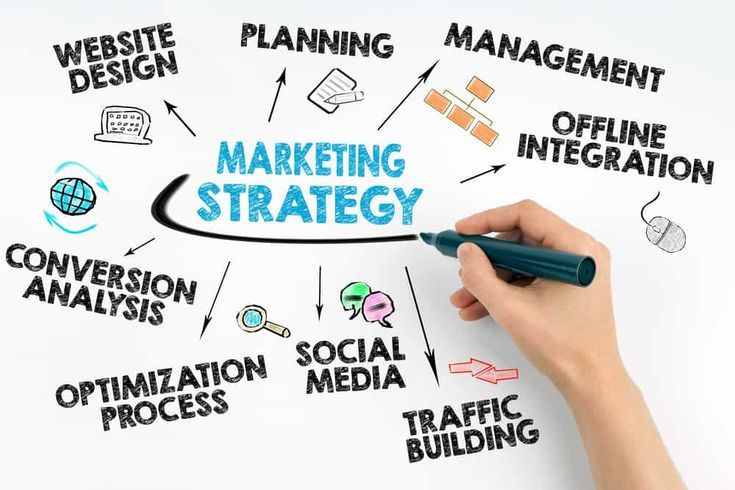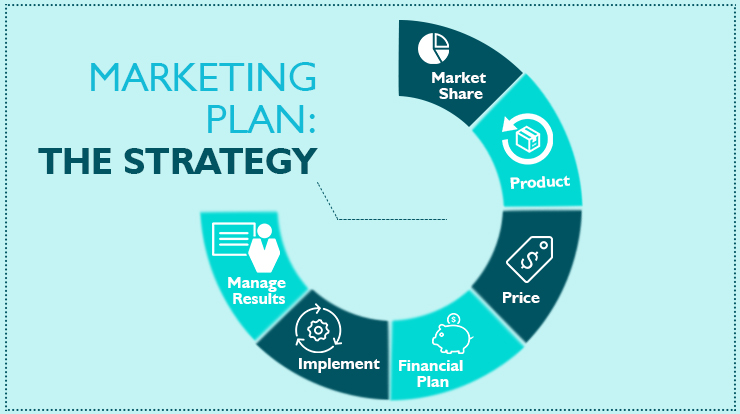Launching a startup is a bold move, driven by vision, passion, and an entrepreneurial spirit. However, the early stages of any startup journey are fraught with obstacles that can derail even the most promising ventures. In 2025, with a rapidly evolving market landscape, emerging technologies, and shifting consumer behaviors, it is more important than ever for entrepreneurs to adopt strategies that can help them overcome early challenges.
This comprehensive guide explores effective strategies to tackle the most common hurdles startups face in their initial stages. From funding issues and team building to market validation and scalability, we will uncover proven tactics to help you navigate the rocky road of startup development.
1. Start with a Solid Business Plan
Every successful startup begins with a well-thought-out business plan. It serves as a roadmap, outlining your mission, vision, goals, target market, competitive landscape, financial projections, and operational strategies.
Key Elements of a Strong Business Plan:
- Executive summary
- Problem and solution
- Market analysis
- Marketing and sales strategies
- Financial projections and funding requirements
- Team structure and responsibilities
Having a clear plan ensures that you remain focused, attract investors, and align your team with common objectives.

2. Validate Your Business Idea Early
One of the most common reasons startups fail is due to building a product that no one wants. Market validation is the process of determining whether your product or service has a viable market.
How to Validate Your Idea:
- Conduct surveys and interviews with your target audience
- Develop a Minimum Viable Product (MVP)
- Launch a beta test to gather feedback
- Analyze competitors to identify gaps in the market
Early validation helps minimize risk, save resources, and ensure product-market fit.
3. Secure Initial Funding Strategically
Funding is often the biggest challenge for startups. To overcome this, it’s essential to explore various funding sources and choose the one that aligns with your business goals.
Funding Options for Startups:
- Bootstrapping: Using personal savings
- Angel investors: High-net-worth individuals investing in startups
- Venture capital: Institutional funding for high-growth startups
- Crowdfunding: Raising small amounts from a large number of people
- Government grants and startup incubators
Prepare a compelling pitch and business plan before approaching any funding source.
4. Build a Strong Founding Team
The people you start with can make or break your startup. A diverse and competent team with complementary skills is vital to overcoming early hurdles.
Qualities of a Great Founding Team:
- Shared vision and values
- Complementary skills (technical, marketing, sales, operations)
- Adaptability and resilience
- Strong communication and collaboration
Invest in team-building, clearly define roles, and ensure alignment on company goals.
5. Develop an Agile Product Development Process
Flexibility is key when building a startup. Adopting agile methodologies allows you to iterate quickly, adapt to user feedback, and deliver value faster.
Agile Practices to Follow:
- Work in short sprints
- Set clear, measurable objectives
- Regularly gather and incorporate user feedback
- Continuously test and improve your product
This approach ensures that you are building a product that truly solves a user problem.

6. Focus on Customer Acquisition and Retention
Acquiring and retaining customers is critical in the early stages. Startups must build a brand and generate buzz while delivering exceptional customer experiences.
Effective Strategies:
- Create targeted marketing campaigns (SEO, social media, email marketing)
- Offer value through content marketing (blogs, videos, webinars)
- Deliver excellent customer support
- Develop referral programs
Satisfied customers can become your best marketers.
7. Establish a Lean Operating Model
Operating lean means doing more with less. This approach helps you conserve resources and make the most of what you have.
How to Operate Lean:
- Prioritize essential spending
- Automate routine tasks
- Outsource non-core functions
- Negotiate better deals with vendors and suppliers
A lean model keeps your startup agile and efficient.
8. Adapt to Market Changes Quickly
The market can shift quickly due to technology, trends, and global events. Startups must stay informed and be ready to pivot.
Tactics to Stay Agile:
- Monitor industry trends and competitor movements
- Stay connected with your customers and solicit feedback
- Keep your product roadmap flexible
- Be willing to test new ideas and features
Being adaptive can help you seize new opportunities and mitigate risks.
9. Build a Strong Brand Identity
Branding is more than a logo or color scheme—it’s your startup’s personality. A strong brand helps differentiate your business and builds trust with your audience.
Steps to Build a Memorable Brand:
- Define your mission, vision, and values
- Create a unique brand voice and tone
- Design cohesive visuals (logo, website, packaging)
- Tell your story authentically across all platforms
Consistency and authenticity are key to a strong brand identity.

10. Measure Success and Adjust Accordingly
Metrics and data help you make informed decisions. Define key performance indicators (KPIs) and regularly track your progress.
Important Startup Metrics:
- Customer Acquisition Cost (CAC)
- Customer Lifetime Value (CLV)
- Churn rate
- Monthly Recurring Revenue (MRR)
- Burn rate and runway
Use this data to identify areas of improvement and optimize strategies.
Conclusion
The early stages of a startup journey are both exhilarating and challenging. By implementing these effective strategies, entrepreneurs can navigate common pitfalls and lay a strong foundation for sustainable growth. In 2025 and beyond, the startups that survive and thrive will be those that combine innovation with adaptability, customer focus with operational excellence, and vision with execution.
Remember, every big business was once a startup that dared to dream and strategically tackled its challenges. Yours can be the next success story—start smart, scale wisely, and stay resilient.
